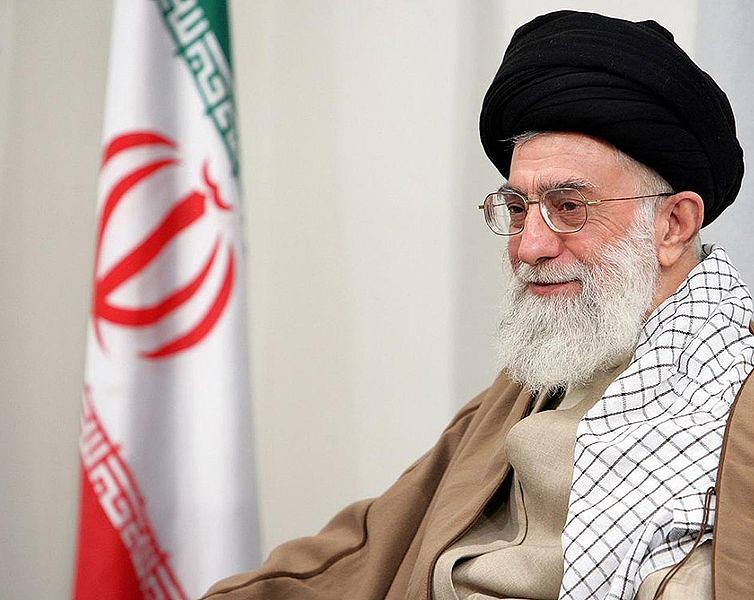
Iran’s Supreme Leader Ayatollah Ali Khamenei declared on Wednesday that abandoning uranium enrichment is “100%” against the country’s interests. His remarks came as a rejection of a central US demand in ongoing talks to resolve the long-standing dispute over Tehran’s nuclear program.
Background on Nuclear Talks and US Proposal
The latest US proposal for a new nuclear deal was delivered to Iran last Saturday through Oman, which is mediating discussions between Iranian Foreign Minister Abbas Araqchi and President Donald Trump’s Middle East envoy, Steve Witkoff. Despite five rounds of talks, key issues remain unresolved — primarily Iran’s insistence on continuing uranium enrichment on its soil and refusal to export its stockpile of highly enriched uranium.
In a televised speech marking the anniversary of the Islamic Republic’s founder, Ayatollah Ruhollah Khomeini, Khamenei emphasized uranium enrichment as “the key” to Iran’s nuclear program. He criticized the US proposal as contradicting Iran’s belief in self-reliance and condemned American leaders for demanding Iran halt its nuclear ambitions.
“Who are you to decide whether Iran should have enrichment?” Khamenei asked.
Tehran’s Position and International Concerns
Iran maintains its nuclear program is peaceful, denying Western allegations that it aims to build nuclear weapons. Reuters recently reported Tehran is poised to reject the US offer as a “non-starter,” since it fails to address Iran’s core demands or ease restrictions on enrichment.
Since returning to office in January, President Trump has intensified a “maximum pressure” campaign against Iran, tightening sanctions and warning of military action if negotiations fail. The US seeks to curb Iran’s nuclear weapon capabilities, fearing a regional arms race and threats to Israel.
Meanwhile, Iran faces severe internal crises — from energy shortages to economic collapse — worsened by sanctions and ongoing conflict with Israel. Israel, viewing Iran’s nuclear program as a grave threat, has repeatedly threatened preemptive strikes on Iranian nuclear sites.
Author’s Opinion
The hardline stances on both sides risk plunging the region into deeper instability. While Iran’s insistence on uranium enrichment reflects national pride and sovereignty, US demands stem from legitimate security concerns. However, lasting peace will require genuine compromise and dialogue rather than escalating rhetoric and unilateral pressure.
Featured image credit: Aslan Media via Flickr
For more stories like it, click the +Follow button at the top of this page to follow us.
